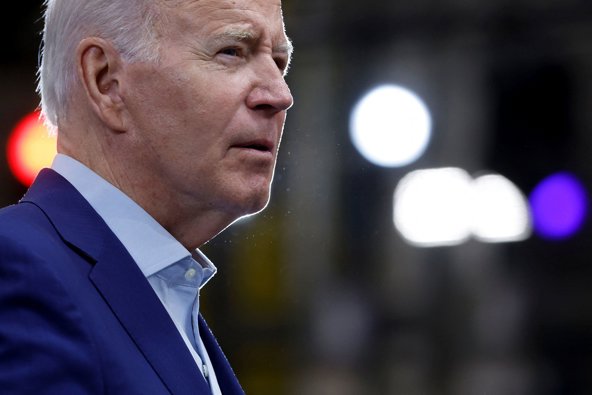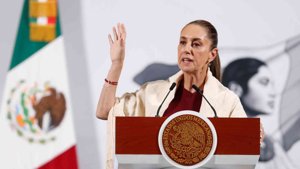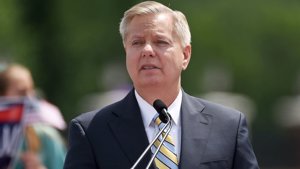
WaPo: Biden-Era Misinformation Drives Conspiracy Beliefs
A Washington Post editorial links Biden administration misinformation to increased belief in conspiracy theories and declining public trust.
Editorial Blames Government Actions for Fueling Mistrust
A recent editorial by The Washington Post connects the Biden administration’s approach to managing controversial information with Americans’ growing belief in conspiracy theories. The editorial board points to the suppression of the Hunter Biden laptop story and efforts to obscure President Biden’s cognitive decline as examples of official actions that have undermined confidence in government institutions.
According to the board, the Biden campaign’s pressure on social media companies to limit stories about the laptop’s contents, despite knowing its authenticity, contributed to a climate of secrecy and suspicion. The editorial references a 2020 letter signed by 51 former intelligence officials, which labeled the release of Hunter Biden’s emails as Russian disinformation, as another blow to public credibility.
The Post argues that these recent incidents are part of a longstanding trend. Decades ago, a majority of Americans trusted the federal government, but that trust has plummeted—especially after episodes like the Iraq War’s flawed intelligence and the government’s handling of the Pentagon Papers. The editorial suggests that Donald Trump’s 2016 victory was a reaction to these accumulated failures.
Declining Trust and the Spread of Conspiracy Theories
Citing recent polls, the editorial notes that 69% of Americans believe the government is concealing details about the Epstein files, and only 3% are satisfied with official information. The Post links such widespread suspicion to previous “spectacular stumbles” by elite institutions, which have left the public more receptive to conspiracy theories and government skepticism.
While the editorial is critical of the government’s record on misinformation, it cautions against indiscriminately releasing sensitive information just to counter conspiracy theories. The board concludes that, even if all Epstein case files were released and proved unremarkable, it likely wouldn’t prevent further theorizing. Instead, they emphasize the need for leaders to avoid amplifying missteps and focus on rebuilding trust.
Ultimately, The Washington Post’s editorial argues that the government’s greatest challenge is to restore public confidence by acting transparently and responsibly, warning that continued evasiveness will only deepen divisions and suspicions among Americans.






